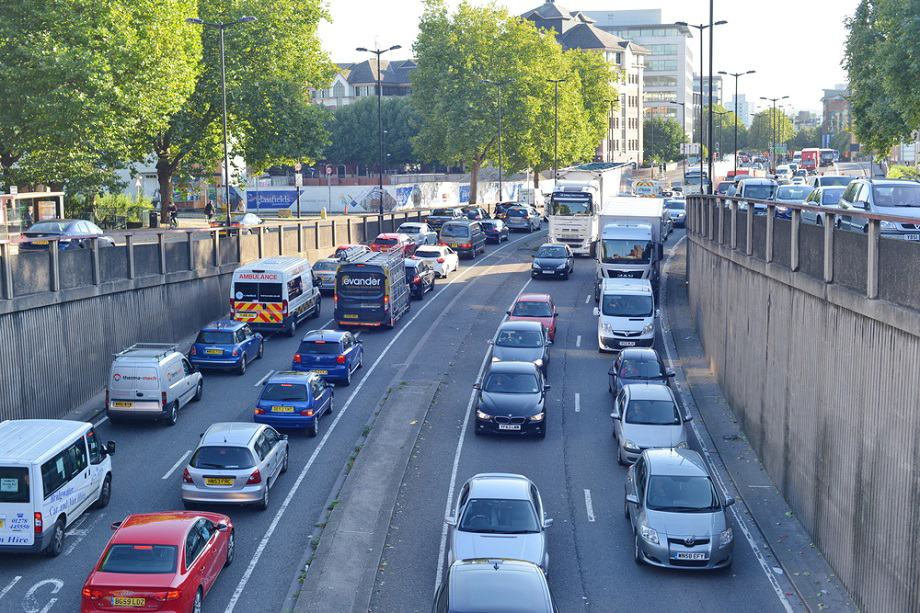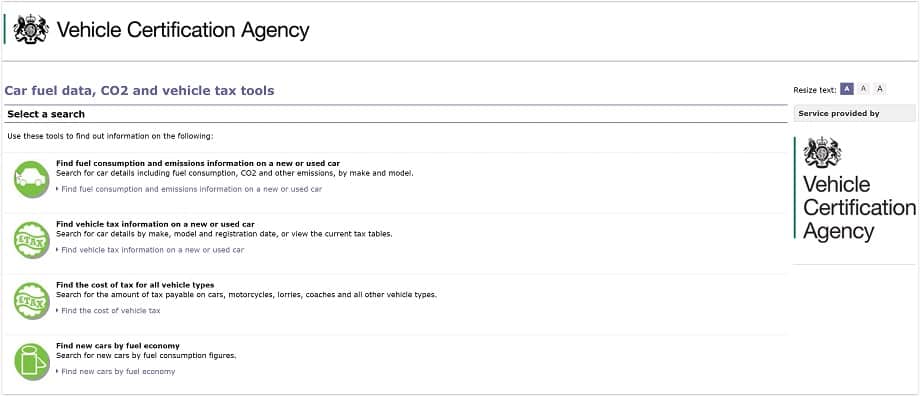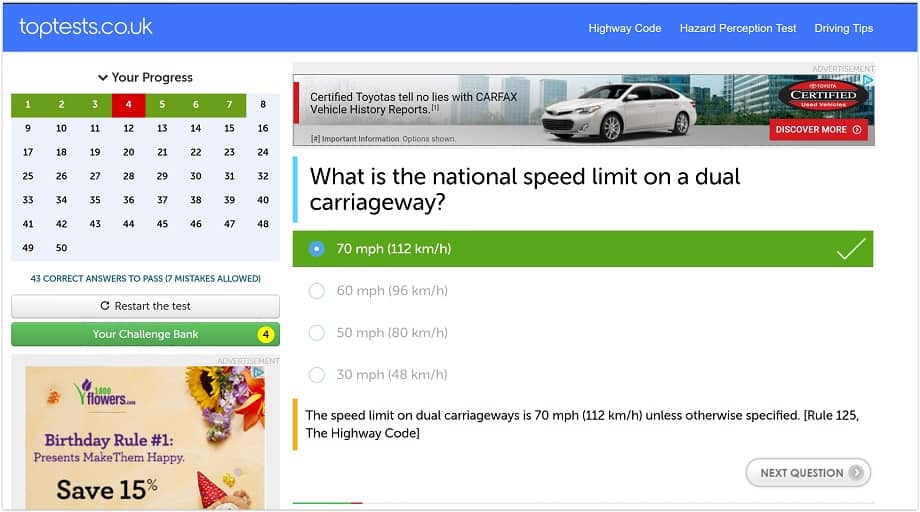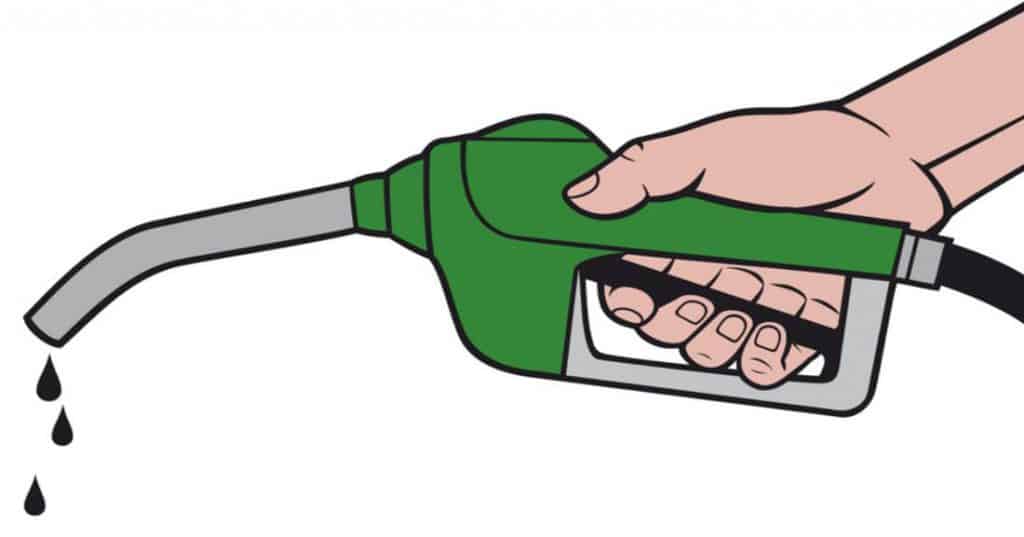There’s no denying it: 2024 is an expensive time to hit the road as a new driver.
A lot of this is down to prices at petrol pumps across the UK. They’re at a two-year high -- and with sterling weak because of the uncertainty surrounding Brexit, not to mention unfavourable oil prices, this is unlikely to change soon.
That said, there are some things that you can do when you’re behind the wheel which will help your money go further. Some tips will be of better use to you than others, and many motorists are surprised that their driving style can have a positive effect on their fuel consumption.
Do You Really Need to Make This Journey?
One of the more unsavoury bits of advice for new drivers is to only make journeys when it’s necessary. It’s hardly headline news that the best way to save cash on your diesel or unleaded bills is not to use any at all.
Of course, no one is suggesting that you leave your shiny new car in the drive and exclusively use the train or the bus. Instead, consider planning ahead and consolidating all your errands into one extended journey.
Also, if you’re thinking about heading out to the shops during a peak time of day for traffic -- such as during the morning rush-hour or when everyone is heading home from work -- consider rescheduling at a time when there will be fewer cars on the road. The less time you spend stopping and starting, the more economical your fuel consumption becomes.

Traffic jams increase petrol consumption a lot
Reduce the Strain on Your Car
If you’re lugging around a big bag for hours on end, you’d get tired and consume a lot more energy than usual. The same applies for your car. Always try to keep your boot nice and tidy and free of unnecessary items.
Were you an avid science fan at school? If so, you may remember those old lessons about aerodynamics. Leaving windows open or empty racks at the top of your car means it takes more energy to travel at top speeds. Surprisingly, it’s actually cheaper to turn on the air conditioning during the summer than roll down the windows.
Go Easy on the Pedals
Even when there’s no traffic on the roads, your accelerator and your brakes can be your worst enemy when it comes to your fuel bills. The best drivers know that consistency with your speed and gears is the safest bet for keeping costs down. If you encounter a zebra crossing or some red traffic lights, coming to a gradual stop rather than slamming down on the pedals is going to reduce your fuel consumption. Here is a tutorial for smooth braking on the road:
Another thing to remember is this: time doesn’t always equal money. Research from the AA shows that people who stick to the 70mph speed limit on motorways save 25% more fuel compared to those who are travelling at 80mph. And, if the road you’re on allows you to safely travel at 60mph instead of 70mph, you could reduce your fuel consumption by a further 10%.
Keep the Pressure Up
Poor tyre pressure can cause all sorts of problems when you’re out and about on the roads. One issue is how it can turn even the most efficient cars into gas guzzlers. Taking just a few moments every couple of weeks to make sure that your pressure is in tip-top condition will help your car to achieve its full potential. Here is how to check tyre pressure and put air in your tyres at your local petrol station:
Haven’t Picked a Car Yet? Things to Remember
Research suggests that vehicles which automatically switch gears are far less economical than manual cars -- and in the long run, you may use up to 15% more fuel. This mainly applies when you’re travelling on A or B roads -- as automatic and manual cars are comparable in performance on motorways. As such, it’s always worthwhile thinking about where and how you’re going to be using your car before you jump in and make an informed decision.
Next, it’s important to be weary of official fuel consumption figures which are published by carmakers. Unfortunately, these statistics aren’t always what they’re cracked up to be.
Fuel consumption statistics are normally based on laboratory experiments which do not take into account road surfaces, a motorist’s driving style, or the weather. The difference between the lab and real-world conditions can be up to 40%.

You can find a lot of valuable information about fuel consumption at the Vehicle Certification Agency website (Vehicle Certification Agency)
Thankfully, the internet is here to save the day. There are several websites where car users have offered their own data on how many miles per gallon they get -- and compare it to what the manufacturer promises.
All of this should allow you to stay one step ahead of the game.
Don’t forget: making sure you’re up to speed on your theory can ensure you are following best practice on the roads, making driving with little fuel wastage no effort at all.

Do our free fines and limits mock test to refresh your knowledge of speed limits (free mock test)
Finally, here is a short video guide to saving on fuel consumption from Renaut UK:



